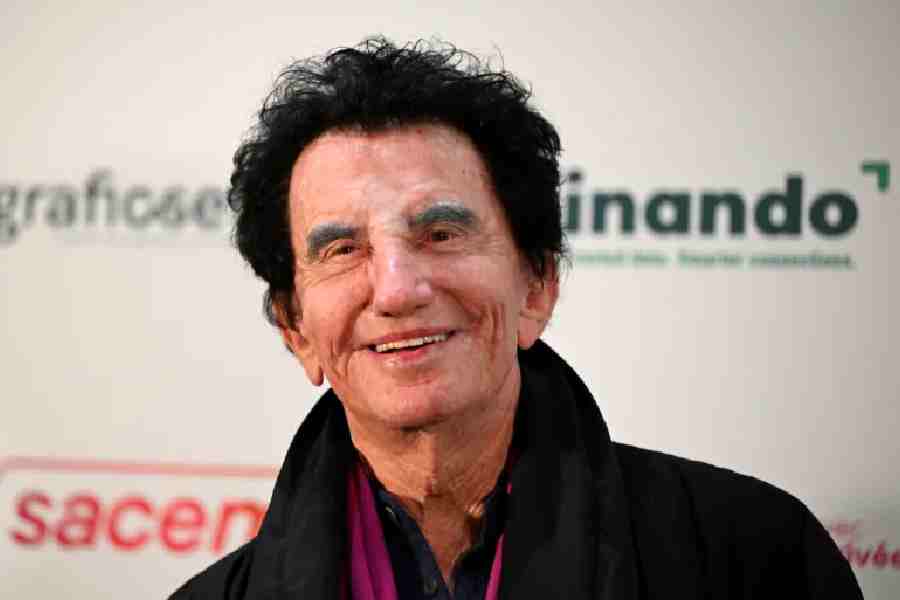Those of us who hail from the Northeast, grew up amidst conflict that people from many other parts of India might not have faced. Protracted armed conflicts had a telling effect on a society bound by dos and don'ts imposed by insurgent groups. Among these is the curtailment of freedom of expression. For obvious reasons, people were not allowed to articulate opinions that did not conform to the insurgents' agenda. With an increase in the number of insurgent groups over the years, the situation became more complicated as views acceptable to a particular group did not have the approval of another.
A delicate balancing act to survive such unwritten rules was the norm, even though it could mean compromising one's principles. A brazen few, who refused to compromise, fell to the barrel of guns. To avoid repercussions, people generally chose to remain silent even against blatant violations of human rights. The media and the intelligentsia, too, were victims of the systematic gagging. Even editing the text of press releases issued by insurgent groups attracted their ire. Scholars were also careful in ensuring that their research findings did not contradict the line taken by insurgent outfits. Many even took the safe route by not venturing into topics that might anger the latter.
Having experienced such a situation in my state, Manipur, I always envied the rest of India, which, in its true sense, is a land of free voices. No doubt there are times when this freedom has been misused by certain sections to polarize people along the lines of community, caste or religion. There are also cases when people have spoken irresponsibly and brought shame to the country. However, unless such adventurism goes against the law of the land and is tantamount to a violation of Article 19 (2) of the Constitution, there is no problem.
It rarely invites death threats as is the case in the Northeast or Jammu and Kashmir. Another enviable character of 'mainstream' India is that the media and the intelligentsia mostly speak up on all events that are taking place around the country. Key developments such as amendments to the Constitution, nationalization of banks, nuclear tests, economic liberalization, demolition of the Babri Masjid, lynchings and attacks on churches, all had a fair share of comments, at times totally opposite ones. But views of all hues were respected. Even during the dark days of Emergency when press censorship was at its peak, a daring few continued to be vocal.
However, this much admired freedom appears to be under constant threat these days. While restrictions on freedom of expression in peripheral India come mainly from outlawed organizations, recent deplorable acts of vigilantism witnessed in the Indian mainland came from groups that appear to be part and parcel of political parties. They try to impede free thinking and expression by not allowing artists, film-makers, writers and journalists from doing their jobs and use coercive tactics to ensure that people fall in line. The blackening of Sudheendra Kulkarni's face for inviting a former Pakistani minister to India, protests against films and books for allegedly objectionable content, the murder of journalists like Gauri Lankesh who dared to speak the truth are some recent examples of elements within the system posing a threat to an important fundamental right.
Outlawed outfits and organizations can be dealt with as per the law. But what can be done about groups that claim to be the legitimate wings of political parties and the powers that be? At a time when competitive tweeting by politicians is commonplace, every deplorable act, especially those by fringe elements of political parties, should be condemned, more so by the people in power. Selective silence is being construed as a tag of approval, emboldening mischief-mongers. Citizen of India expect their Twitter-savvy prime minister and other top ministers to air their concern about and condemnation of each and every act of violence, including those committed by groups claiming allegiance to the ruling Bharatiya Janata Party.











